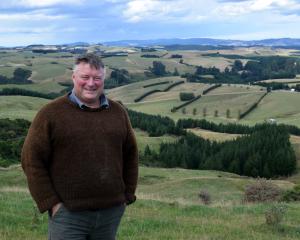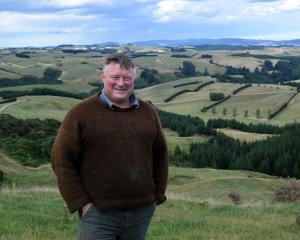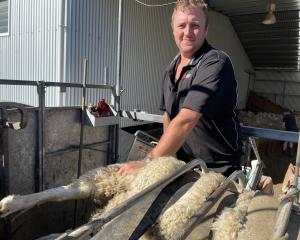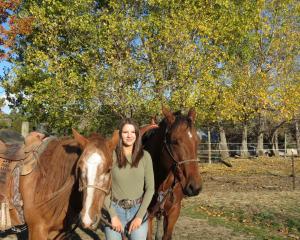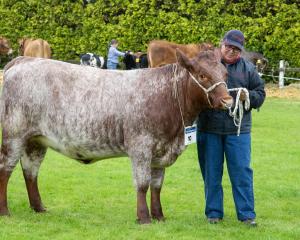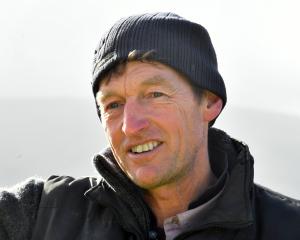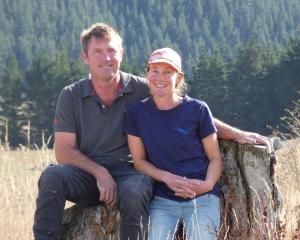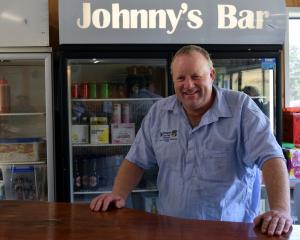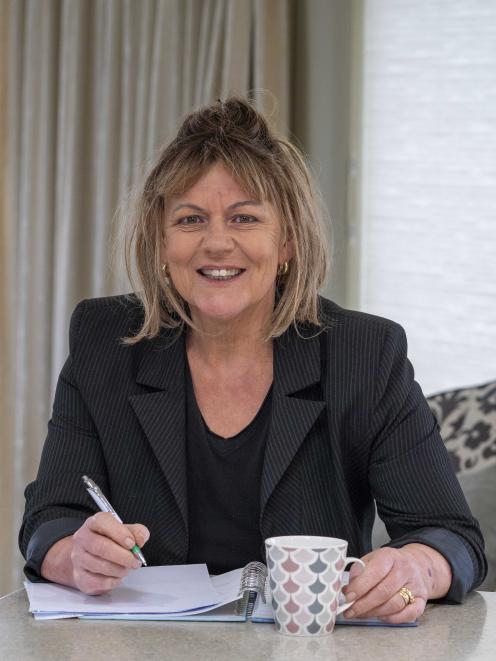
Mrs Cotter, whose tenure as a Southland Rural Support Trust member will end at its annual meeting this month, recalled many of her own challenges since moving to the deep South to farm more than 20 years ago.
She stepped down as trust chairwoman in February as she and her husband Phillip prepare to return home to the Bay of Plenty.
She intends to work as an emergency department nurse in Tauranga from next month.
The couple entered the dairy industry by managing a farm, winter milking about 300 cows, in Te Puke for a year in the late 1990s.
They then moved north, sharemilking 280 cows in Ngātea, where they won the New Zealand Dairy Industry Awards share farmer of the year category for the North Waikato and Auckland region.
An opportunity to sharemilk a larger herd enticed them to Southland in 2000 and they sharemilked 600 cows for corporate dairy farmer Tasman Agriculture in Edendale for a year.
The following year, they began sharemilking 1200 cows in Heriot for Tasman Agriculture which was bought by Dairy Holdings.
After nearly two years in West Otago, they returned to Southland to buy the original Edendale dairy farm. But, after buying the farm, Mr Cotter’s health deteriorated.
"His arms stopped working — he couldn’t drive, hold a pen, use a phone and he’d drop everything," Mrs Cotter recalled.
Doctors told him he he had a degenerative muscle wasting disease and needed to get out of farming so they sold their farm and cows.
After an operation allowed Mr Cotter to use his arms again, they bought another dairy farm but they soon discovered his arms were unable to cope with the physical nature of dairy farming.
While exiting the dairy industry, they sent a bull to the works and a lung lesion was discovered.
A sample of the lesion was removed to test for bovine tuberculosis.
Because of an administration error, the sample was lost, forcing them to have all of their cattle slaughtered, because of the possibility of the herd having bovine tuberculosis, Mrs Cotter said.
"We know how it feels to say goodbye to your stock."
Subsequent testing revealed the herd never had the disease.
They subdivided some of the farm on Mataura Island and obtained a 25-year consent to extract rock and launched a quarry business 10 years ago.
Mr Cotter obtained certification to manage a quarry.
The couple were also rearing young beef cattle on a 160ha block they leased in Titiroa and Mrs Cotter was working as the Dairy Women’s Network’s South Island regional manager.
At the network, she had her first interaction with the rural support trust. She became a trust member in 2016 and was the chairwoman from May 2019.
Biosecurity issues during her tenure included the Bonamia ostreae virus outbreak in 2017 which hit Stewart Island commercial oyster farms and impacted the livelihoods of many people.
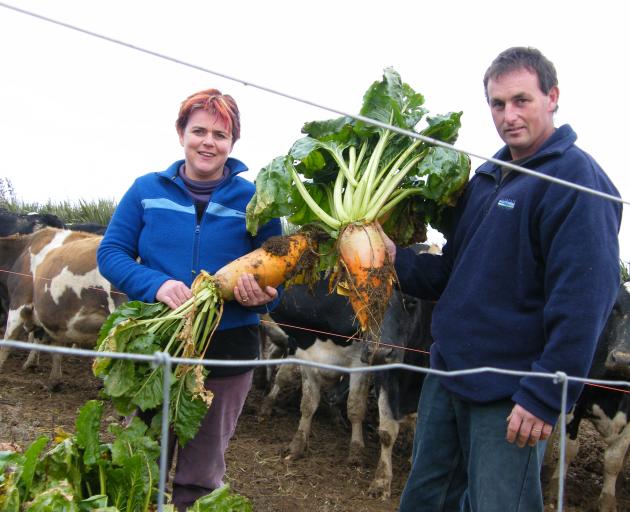
The work included helping people go through the process of being paid compensation by the government.
"We hadn’t finished there when we went straight into [cattle disease] Mycoplasma bovis."
Since the disease was discovered in New Zealand in 2017, more than 180,000 cattle have been culled from nearly 300 farms.
The ministry would provide the trust a list of the farmers impacted by the disease and a trust member contacted farmers to tell them they were on the list.
The list once included her own name, as some of her beef cattle needed to be put under surveillance, because they had been bought from saleyards.
Having to send healthy stock away for slaughter helped her understand the awful feelings of sending cattle away.
"To see perfectly healthy stock get put on the truck and get taken to the freezing works is an awful, awful situation to be in."
After the cattle were slaughtered, many farmers had to battle for compensation, Mrs Cotter, said.
Despite those awful situations, she had enjoyed working for the trust.
"It has been really fulfilling to be able to help people."
The interim trust chairman was dairy farmer Simon Hopcroft and she encouraged people to apply for a vacant trustee position.
She was once a support care officer for the Cancer Society, providing coverage for Eastern Southland.
Until she heads north, she will continue working as an emergency department nurse in Southland Hospital.
She liked to be "at the front line".
She had enjoyed her time in the South, and said Southland was "a great place to grow kids".


